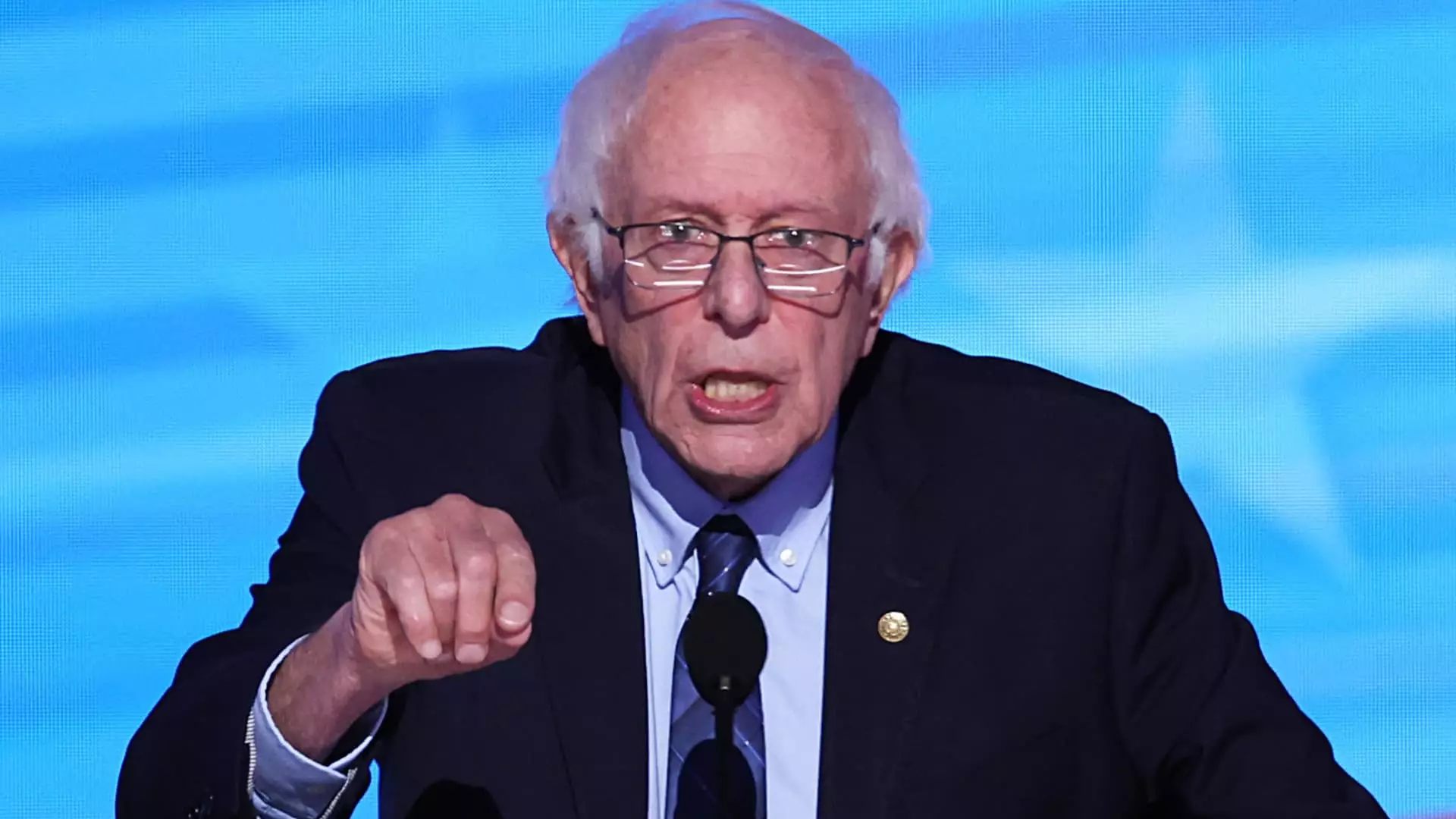Senator Bernie Sanders recently shared his opinion on Vice President Kamala Harris’ proposed 28% tax rate on long-term capital gains. Sanders expressed his belief that Harris should increase this rate even further, stating that he thinks she is being pragmatic in order to win the election rather than truly addressing the economic needs of working people.
Sanders’ Call for Higher Taxation on Wealthy Individuals
Sanders argued that Harris’ economic platform should include more aggressive measures to tax the wealthy. He believes that the current proposal falls short of adequately addressing income inequality and supporting working-class Americans. Sanders’ own presidential campaign in 2016 included a proposal for a capital gains tax rate of 54.2%, highlighting his strong stance on taxing the rich.
One of Sanders’ primary concerns is the influence of billionaires on the political landscape. He remains steadfast in his opposition to wealthy donors shaping policy and decision-making within the Democratic Party. Even as Harris receives endorsements from prominent billionaires and corporate leaders, Sanders emphasizes the need to prioritize the needs of working people over the interests of the wealthy elite.
Despite offering his support for Harris’ campaign, Sanders has openly disagreed with some of her policy shifts, including her stance on Medicare for All. Harris has been adjusting her positions to appeal to a broader audience of moderate voters, which has led to conflicts with Sanders’ more progressive approach. However, Sanders acknowledges Harris’ efforts to address issues such as affordable housing and union protections, even if he does not fully endorse all of her proposals.
The diverging views between Sanders and Harris reflect broader tensions within the Democratic Party regarding economic policy and the influence of wealth on politics. As Harris aims to appeal to a wider range of voters, including moderate Republicans, Sanders’ critiques may highlight important considerations for the party moving forward. By engaging in these debates, Democrats have the opportunity to define their priorities and values in a rapidly changing political landscape.
Sanders’ critique of Harris’ capital gains tax proposal underscores deeper divisions within the Democratic Party on economic issues. While both politicians share a commitment to addressing social and economic disparities, their differing approaches highlight the complex challenges of balancing progressive ideals with political pragmatism. As the 2022 midterm elections approach, these debates will continue to shape the future of the Democratic Party and its stance on taxation, income inequality, and the role of money in politics.


Leave a Reply